
Peanut butter is a delicious and nutritious snack for us, but can cats eat peanut butter? Cats are often picky eaters and may not like the taste or smell of peanut butter. But if your cat is begging for a lick of your peanut butter, is it safe to indulge them? Peanut butter is not inherently toxic to cats, but there are a few good reasons not to feed it to them.
Cats are curious creatures, and many would love to share your lunch or snack. Peanut butter may appeal to your cat, and in most cases, in moderation, feeding them a dab of peanut butter would not be harmful. Peanut butter itself is not toxic to cats. Still, there are a few ingredients used in some kinds of peanut butter that may be problematic. Fats, oils, salt, sugar, and added artificial sweeteners can be harmful or even toxic to cats.
If your cat is begging for a taste of your peanut butter, you must first know more about the spread you have and its ingredients. Always read labels and understand what you are feeding your cat to avoid any issues.
The first major ingredient to be on the lookout for is xylitol. Xylitol is an artificial sweetener that is used in peanut butter as well as cookies, cakes, and chewing gum, among other items. It may be listed in the ingredient list as xylitol or wood sugar, birch sugar, and birch bark extract.
Xylitol is highly toxic to dogs. Even a tiny amount of this sugar alcohol may lead to severe hypoglycemia and liver failure. It appears that cats may be somewhat more resistant to the toxic effects of xylitol, but research has not come to any definitive conclusion, and there have been reports of toxicity in cats. Because of this, you should never feed your cat any amount of a food containing xylitol.
There are other aspects of peanut butter that you should consider before feeding it to your cat. Peanuts contain high amounts of fat, and some peanut butter has added oils. These components may lead to gastrointestinal upset such as vomiting, stomach pain, and diarrhea. If fed frequently, a cat eating peanut butter may gain weight and may not eat enough of their main diet, leading to nutritional deficiencies.
Peanut butter can contain high levels of both salt and sugar. Excess salt, in large quantities, may lead to serious gastrointestinal issues such as vomiting, diarrhea, abdominal pain, and excessive thirst. Longterm overeating of salt can also lead to heart and blood pressure problems. As obligate carnivores, cats’ systems are not adept at handling large amounts of carbohydrates. The excess sugar sometimes found in peanut butter, which is a carbohydrate, could lead to heart issues, excessive weight gain, and diabetes.
Giving your cat a treat can be an excellent method for bonding with them. Like most animals, cats are food motivated, and treats can be a great positive reinforcement tool. When choosing a treat for your cat, look for nutritionally complete options made especially for cats. There are many commercial cat treats available in pet food stores. You may also try homemade cat treats or products such as catnip and cat grass.
Always remember that treats of any kind should be fed in moderation and should make up no more than 10 percent of your cat’s daily caloric intake.
Even if there are no toxic ingredients in the peanut butter you are eating, it is not a healthy choice for your cat. Though a small nibble is unlikely to harm them, feeding your cat human food can lead to unpleasant behaviors such as begging and snatching food. When your cat begs for a bite of your peanut butter, it is likely best not to give in to them. This is a bad habit to encourage as there are human foods that are toxic to cats, and your cat may ingest something harmful in the future if they are used to being fed human food.
It is also essential to ensure that your cat gets adequate nutrition to keep them healthy. Cats have precise dietary requirements different from humans and other animals. If your cat is fed too many snacks, including peanut butter, they may not be hungry when it comes time to eat their cat food. This can lead to nutritional deficiencies and potential health problems.
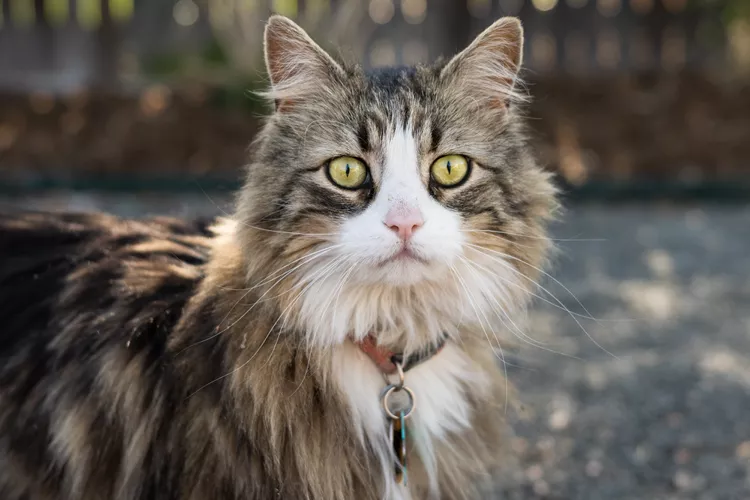
75 Unisex Cat Names
Our gender neutral cat names perfect for your feline friend, with a diverse selection of fun and inclusive options to fit your pet's disposition.
Why Does My Cat Stink?
Is your cat stinky? Find out about the causes of bad odors in cats and when it is something to be concerned about. Learn how to help your stinky cat.
Signs of Rabies in Cats
Rabies is a fatal and contagious virus that can affect cats. Learn about the signs of rabies in cats and what to do about them.
Can Cats Eat Dog Food?
Can cats eat dog food? In small amounts, it's unlikely to be a problem, but long-term feeding of dog food to cats can cause health issues and malnutrition.
Exploring the Different Types of Pet-Friendly Beaches
Are you looking for pet-friendly beaches? Learn about the different types of pet-friendly beaches, their locations, and tips for visiting them with your pet.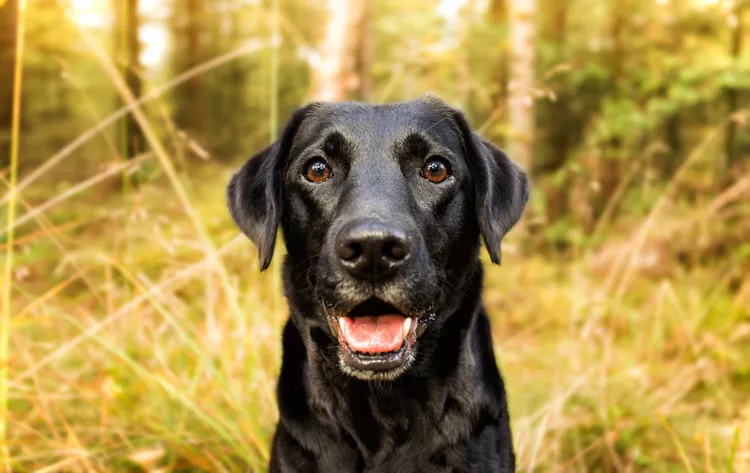
Pulled Muscles in Dogs
A pulled muscle is one of the most common injuries seen in dogs. What can you do if your dog pulls a muscle and how can you prevent it?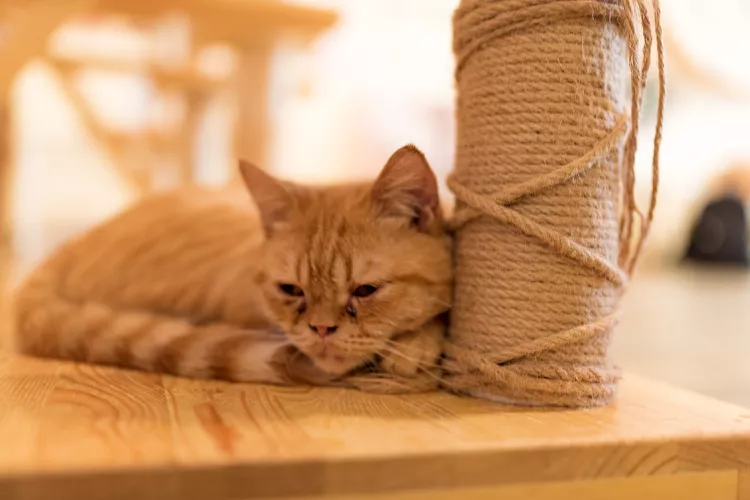
Fibrosarcoma in Cats
Fibrosarcomas are potentially fatal soft tissue tumors that can occur in cats. Learn the causes, treatment, and prevention.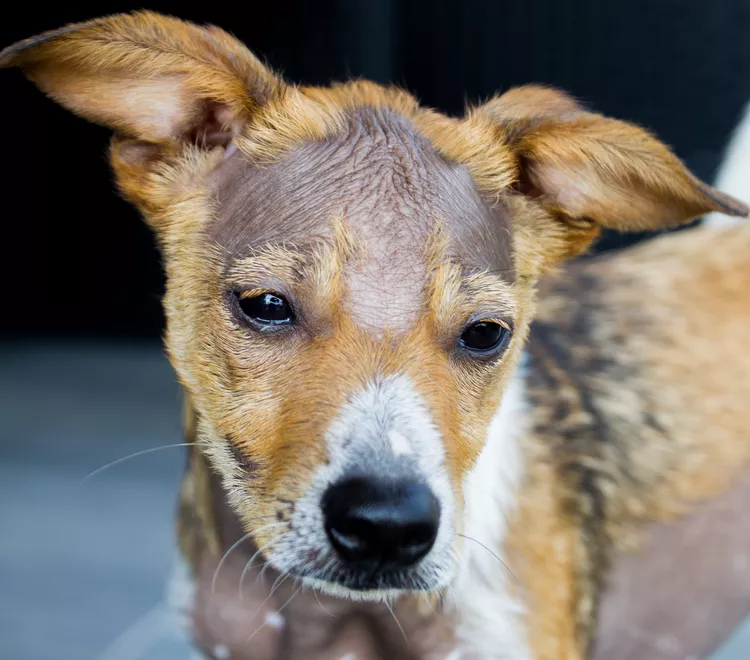
Alopecia in Dogs
Alopecia leads to hair loss and bald spots in dogs. Some breeds may be more at risk. Learn common causes, treatment, and prevention of dog alopecia.
Is Acetaminophen Safe for Dogs?
Acetaminophen is used by humans for pain and fever relief, but is it safe for dogs? Here's what you need to know before giving your dog acetaminophen.
Can Dogs Eat Almonds? Understanding the Risks and Guidelines
Can dogs eat almonds? While a couple likely won't hurt, it's best to avoid feeding your dog this nut. Learn the risks here.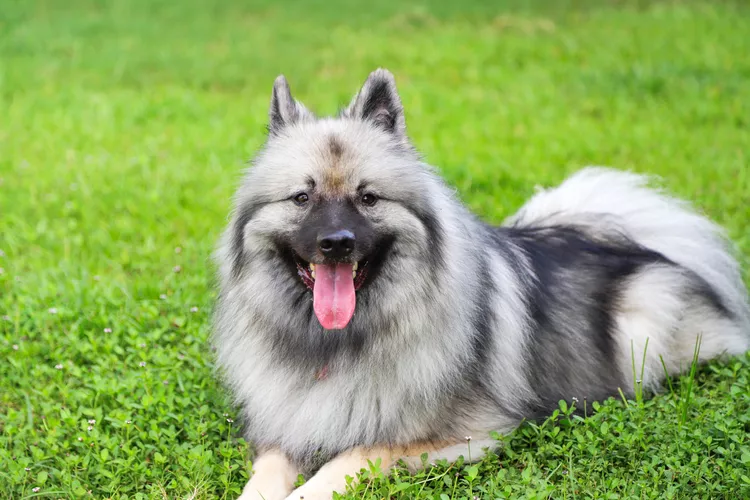
Keeshond: Dog Breed Characteristics & Care
Learn about the keeshond dog, also known as the Dutch Barge Dog. This fluffy spitz breed was bred to guard, but also makes a friendly companion.
Is Rosemary Safe for Dogs?
Rosemary is used both for cooking and as a supplement with many reported health benefits in people, so you may be wondering if it is safe to give to your dog. Rosemary is considered non-toxic for dogs but with some caveats.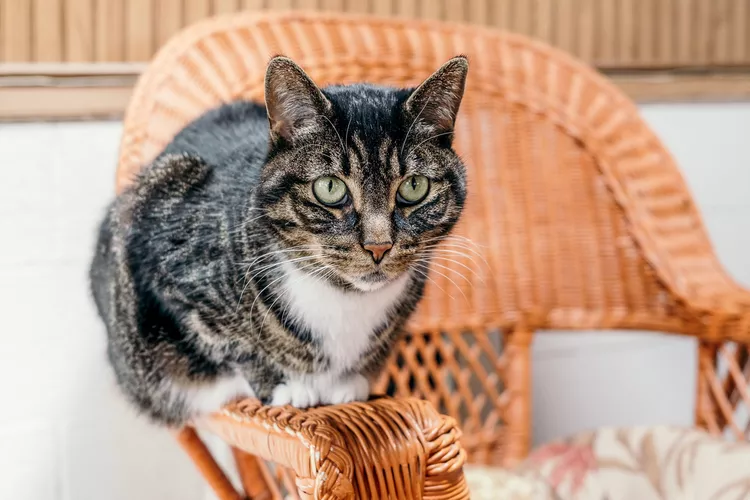
7 Hybrid Cats Breeds
Hybrid cat breeds can make appealing pets since they look more exotic than domestic house cats, but they aren't for everyone.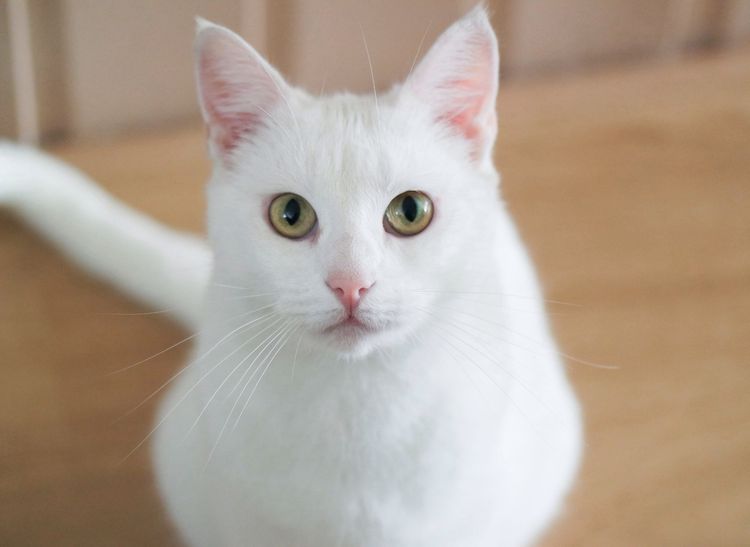
The Best White Cat Breeds to Keep as Pets
Several breeds can result in white cats with long or short hair. Find out the pros and cons of these white cat breeds.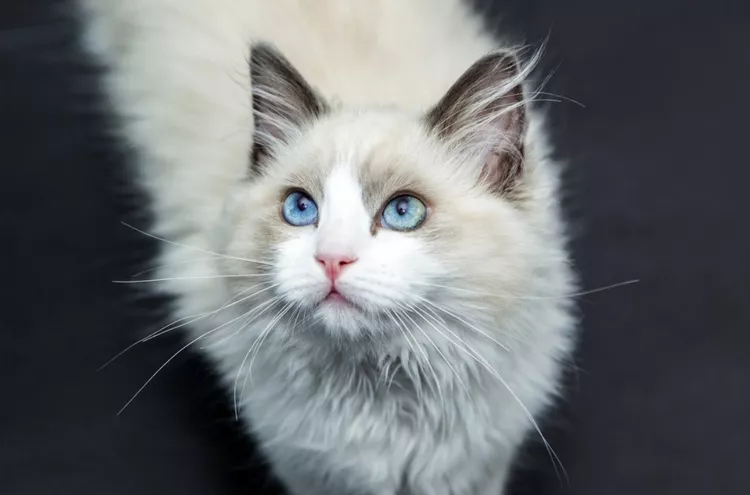
11 Cute Pictures of Ragdoll Cats
Ragdoll cats are known for their beautiful coats and bright, blue eyes. Learn all about the breed, and check out some cute pictures here.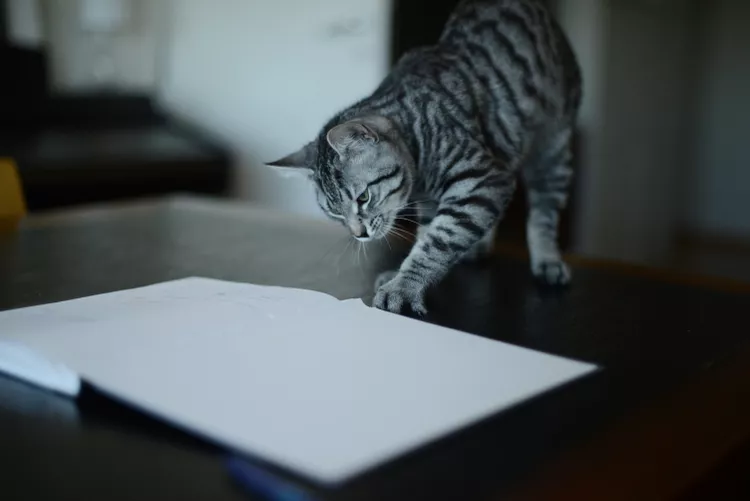
7 Reasons Why Your Cat Eats Paper, and How to Stop It
Is your cat eating paper? Learn why your cat is doing this, and find out how to put a stop to it.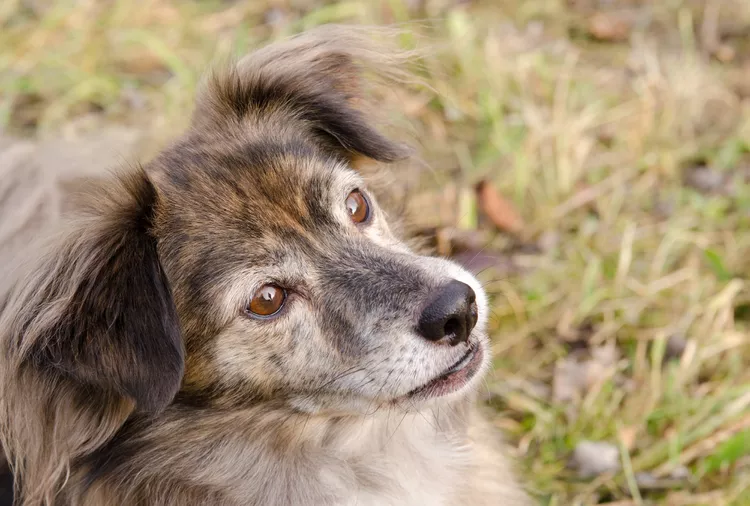
Feist: Dog Breed Characteristics & Care
Feists are small, short-haired dogs developed to hunt squirrels and catch vermin. These high-energy, affectionate pooches make great companion animals.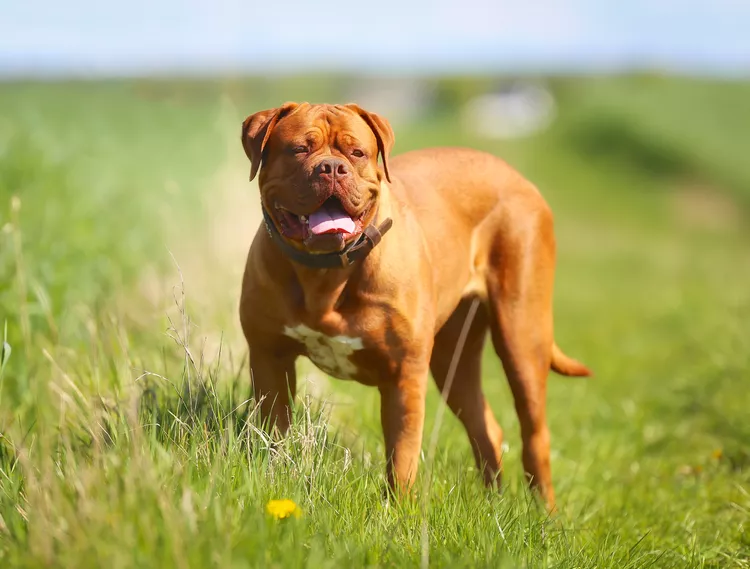
Dogue de Bordeaux (French Mastiff): Dog Breed Characteristics & Care
Learn about the Dogue de Bordeaux, also called the French mastiff. Although large and muscular, they’re known for their calm and gentle personality.
How to Stop Your Dog From Fearing Men
Many dogs have a phobia of men. Learn how to help your dog overcome its fear through desensitization and training while keeping everyone safe.
Why Dogs Eat Poop and How to Stop Them
Is your dog eating poop? Some dogs do this because of stress or illness. Learn how to prevent stool eating, or coprophagia, in dogs.